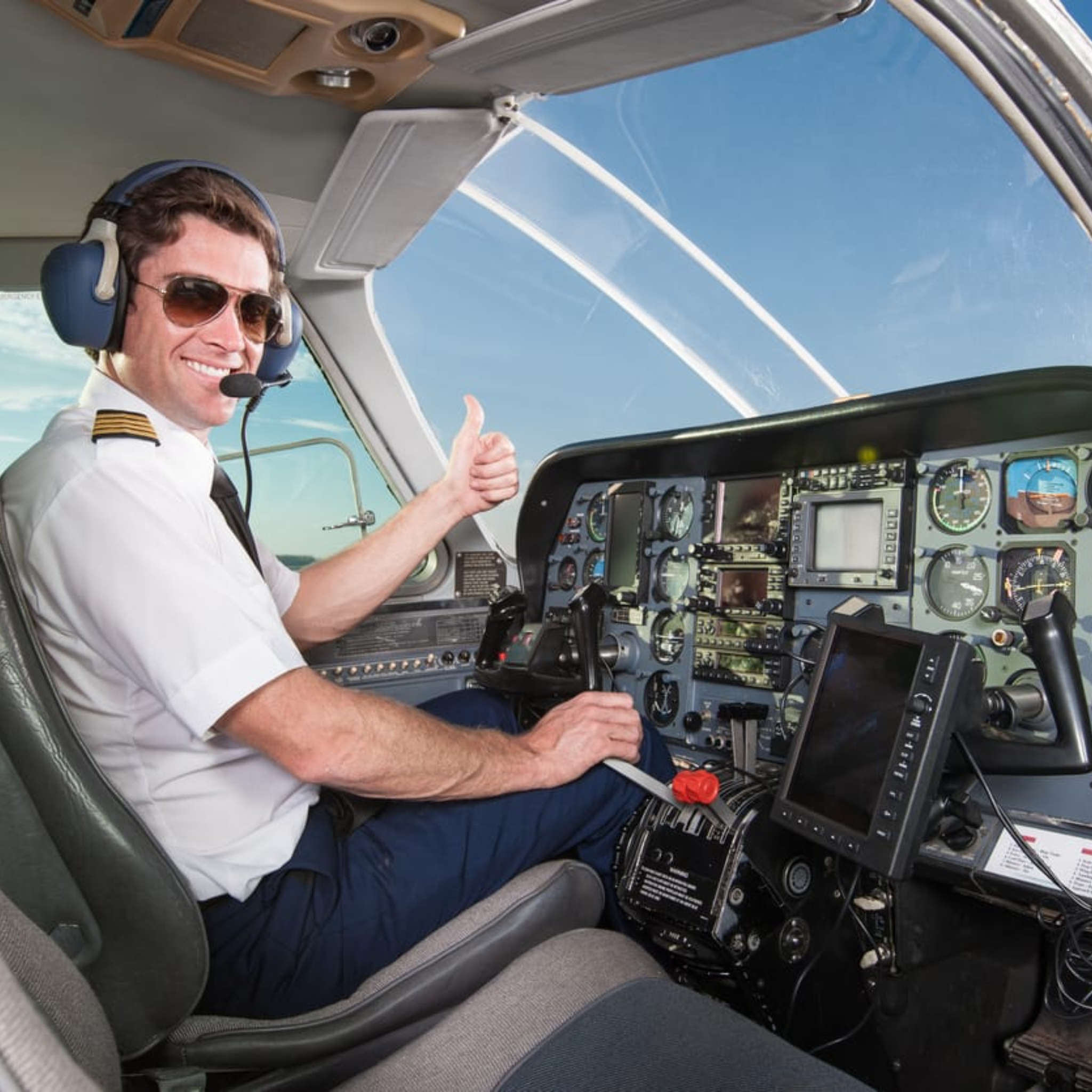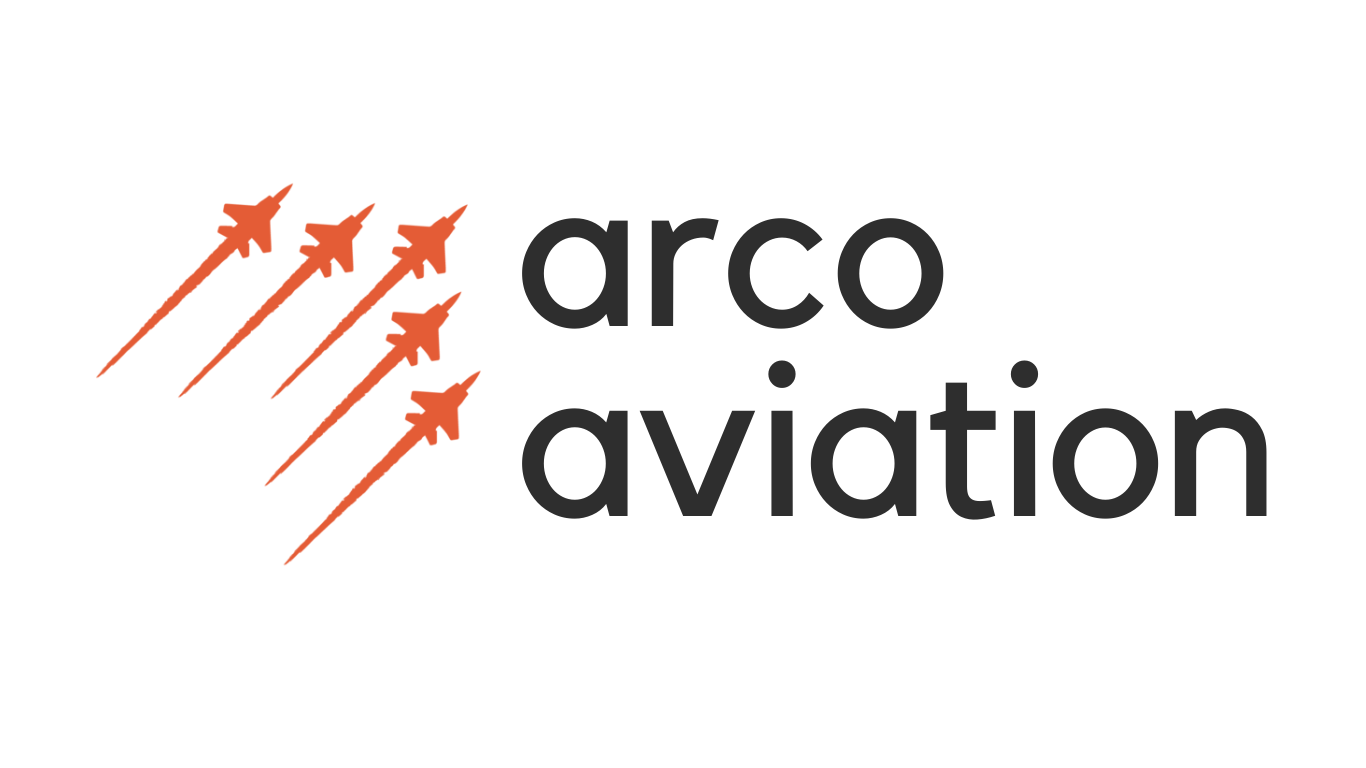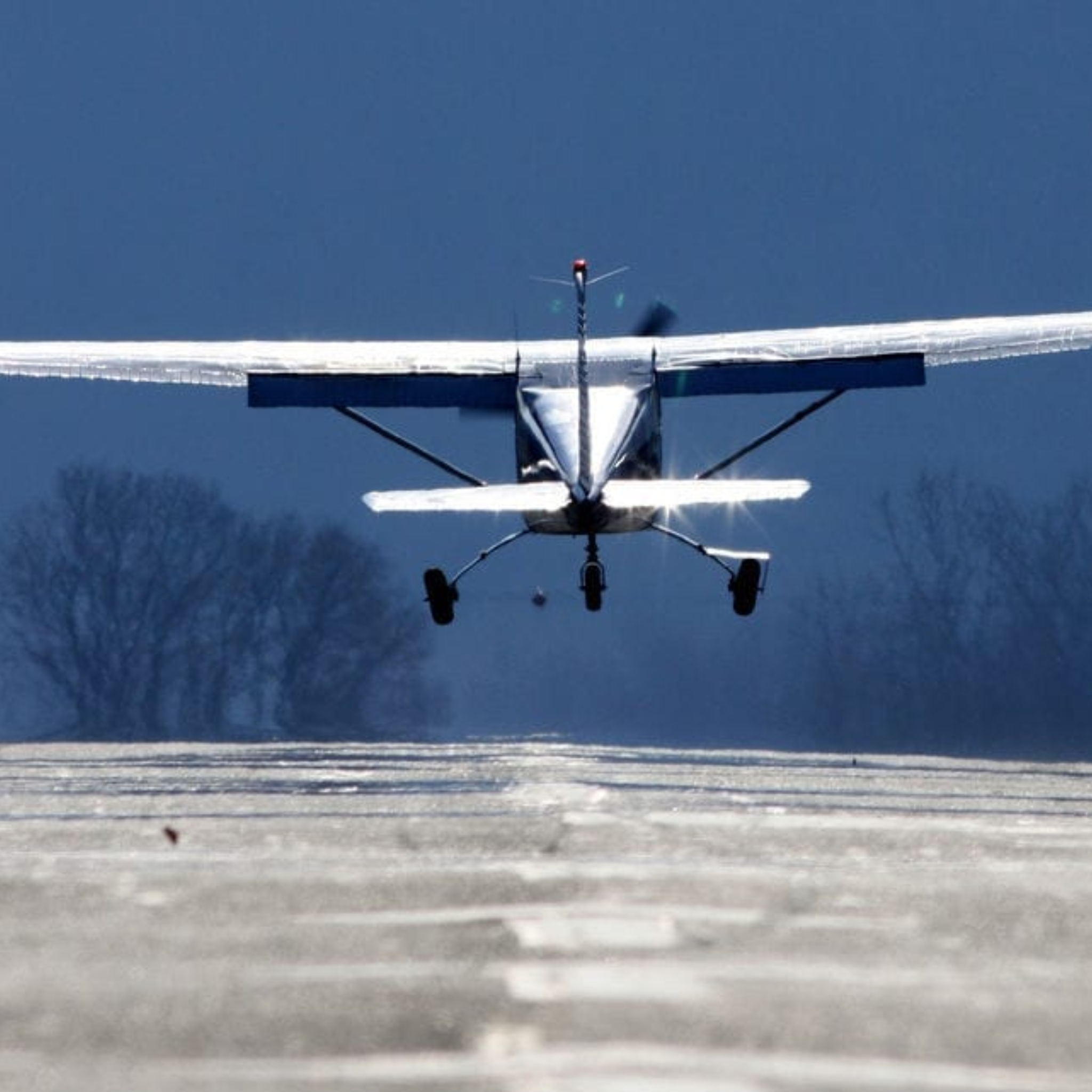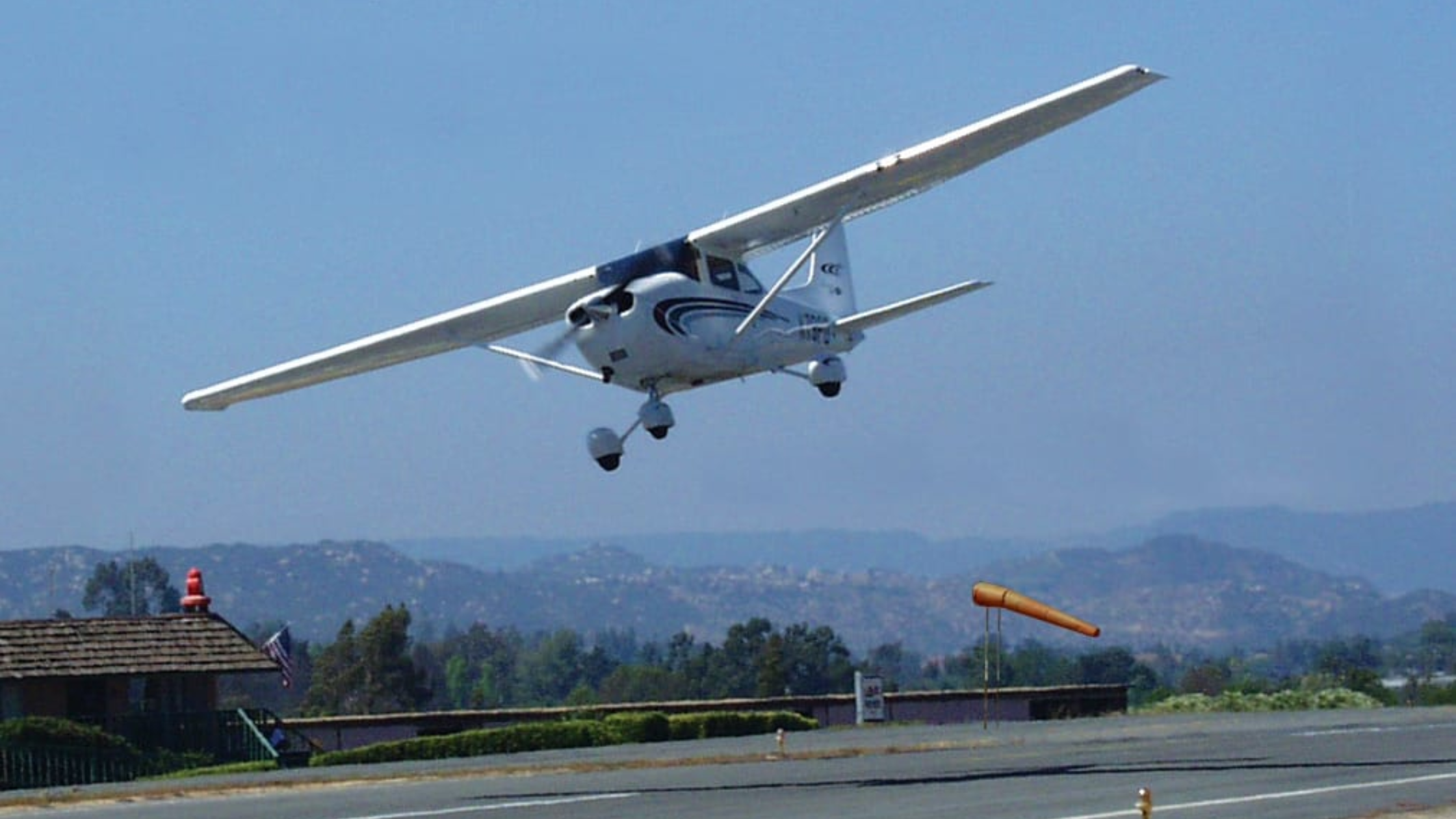
How to Save Money on Flight Training in the UK in 2025
Becoming a pilot is an exciting and rewarding journey, but it can also be expensive. In 2025, with rising fuel prices, increased regulatory costs, and inflation affecting the aviation sector, aspiring pilots need to be smarter than ever about managing their training expenses. Fortunately, there are several ways to cut costs without compromising on quality or safety. This guide will explore the best ways to save money on flight training in the UK this year.
1. Choose the Right Flight School
Not all flight schools are created equal, and their prices vary significantly. To get the best value for your money:
-
Compare the total cost of different schools, including landing fees, aircraft hire, and instructor rates.
-
Look for schools at smaller airfields, as these often have lower operating costs compared to those at larger commercial airports.
-
Read reviews and speak to current students to ensure you’re getting high-quality instruction without hidden costs.
2. Train Consistently to Avoid Repeating Lessons
One of the biggest hidden costs in flight training is having to redo lessons because of long gaps between flights. To minimize this:
-
Aim to fly at least two to three times a week to retain skills and knowledge.
-
Plan your budget to ensure steady progress rather than sporadic lessons that result in skill fade.
-
Use simulators or desktop flight sims (such as Microsoft Flight Simulator or X-Plane) to keep your muscle memory and procedures sharp between lessons.
3. Consider Modular Training Instead of Integrated Training
If you’re working towards a commercial pilot license (CPL), you can save tens of thousands of pounds by choosing modular training over integrated training.
-
Integrated Training: Full-time, structured, often costing £80,000+ at major academies.
-
Modular Training: Pay as you go, often costing £40,000 - £60,000, allowing flexibility to work alongside training and reducing financial pressure.
-
Many pilots in 2025 are opting for modular routes to avoid excessive upfront debt.
4. Buy Bulk Flight Hours
Many flight schools offer discounts for purchasing block hours in advance. Buying in bulk can save you anywhere from 5% to 15% per hour compared to paying for each lesson individually.
-
Ask your flight school about block rate discounts and negotiate where possible.
-
Be sure to check their refund policies in case you decide to change schools.
5. Fly More Affordable Aircraft
The type of aircraft you train in significantly affects costs. Training in a Cessna 152 or Piper Tomahawk is cheaper than using a more modern and fuel-hungry aircraft like the Cirrus SR20.
-
Look for schools that offer lower-cost aircraft options.
-
If upgrading to complex aircraft is required, delay it until absolutely necessary.
6. Use Flight Simulators to Reduce Training Costs
In 2025, high-quality flight simulators are more accessible and affordable than ever.
-
A home simulator setup with Microsoft Flight Simulator 2024 or X-Plane 12 can help with procedures and navigation.
-
Flight schools with certified simulators allow you to log some training hours at a lower cost.
-
Using sims to practice checklists, radio calls, and navigation will reduce your need for expensive flight hours.
7. Apply for Aviation Scholarships and Funding
There are more aviation scholarships available in the UK than many students realize.
-
The Air League offers flying scholarships each year.
-
The Honourable Company of Air Pilots provides training bursaries.
-
Some local flying clubs and flight schools also offer financial assistance.
-
Check with the CAA and British Women Pilots’ Association for any updated funding options in 2025.
8. Consider Flying Abroad for Cheaper Hour-Building
Some UK student pilots choose to build their flight hours in the USA or South Africa, where costs per hour can be significantly lower.
-
Weather conditions allow for more frequent flying, reducing the total training duration.
-
Ensure that the training hours meet UK CAA conversion requirements before committing.
9. Share Costs with Other Pilots
-
Use cost-sharing platforms like Wingly to legally share flying costs with passengers.
-
Join a flying club where pilots can co-own aircraft or share rental costs.
-
Split expenses with other students for things like transport to airfields or group study resources.
10. Pass Exams on the First Attempt
Failing exams means paying for retakes, which adds to training costs. To avoid unnecessary expenses:
-
Study consistently using CAA-approved revision materials.
-
Take advantage of free and paid online resources such as Pilot Institute or Bristol Ground School.
-
Join online study groups or aviation forums to get support from other students.
11. Maintain a Good Health and Fitness Routine
Medical re-tests can be costly, and losing your medical certification can halt your training. To avoid unexpected expenses:
-
Stay fit to pass Class 1 or Class 2 medical examinations.
-
Avoid excessive alcohol, smoking, and unhealthy diets that could impact long-term eligibility.
Final Thoughts: Smart Training in 2025
Flight training in the UK is expensive, but with careful planning, strategic choices, and modern tools, you can significantly reduce your costs. Whether you’re training for a Private Pilot Licence (PPL) or aiming for a commercial career, these cost-saving methods will help you stay on track without breaking the bank.
At Arco Aviation, we support pilots with affordable, high-quality gear and learning resources to help you on your journey. Explore our range of flight training accessories, pilot headsets, and study materials to make your training more cost-effective in 2025!
What are your top tips for saving money on flight training? Share your thoughts in the comments below!


